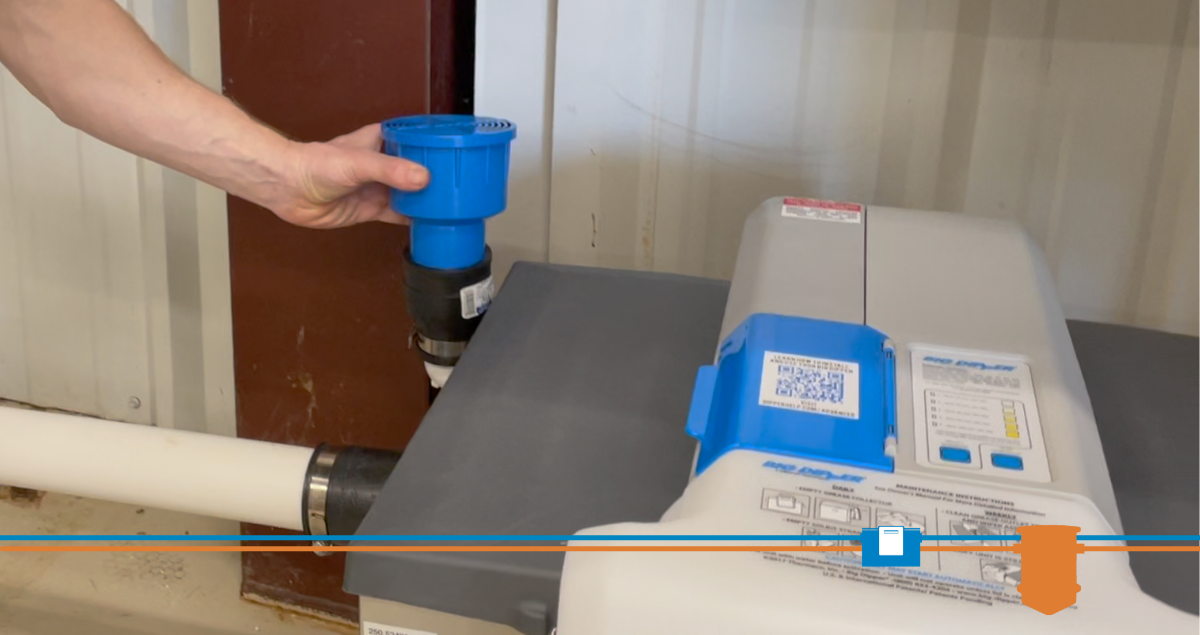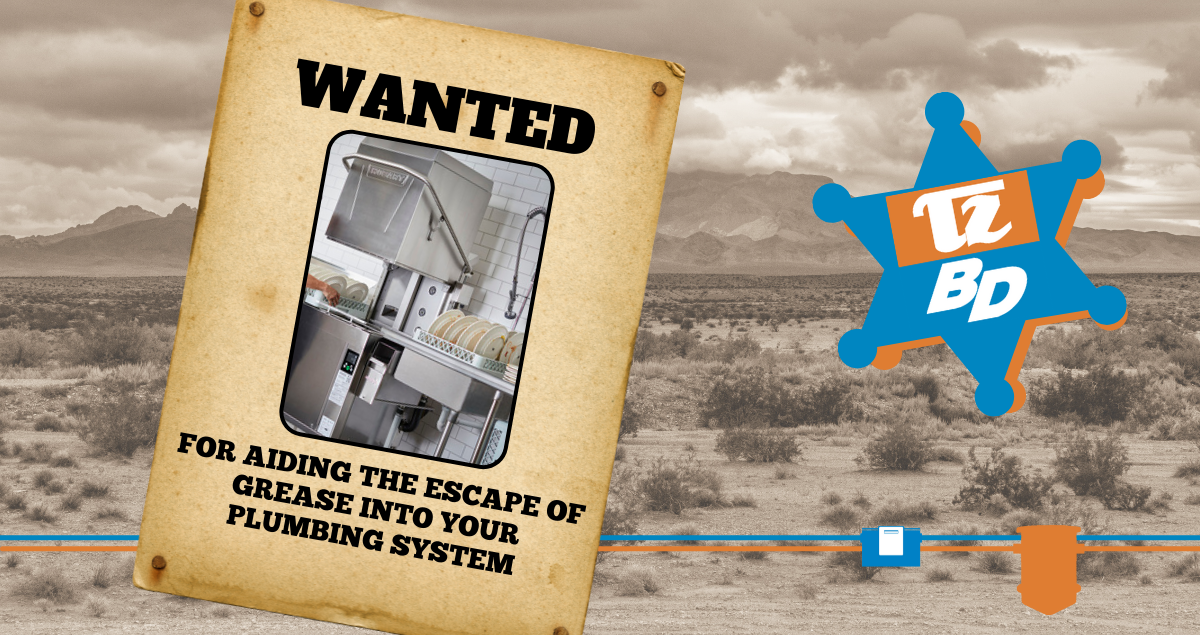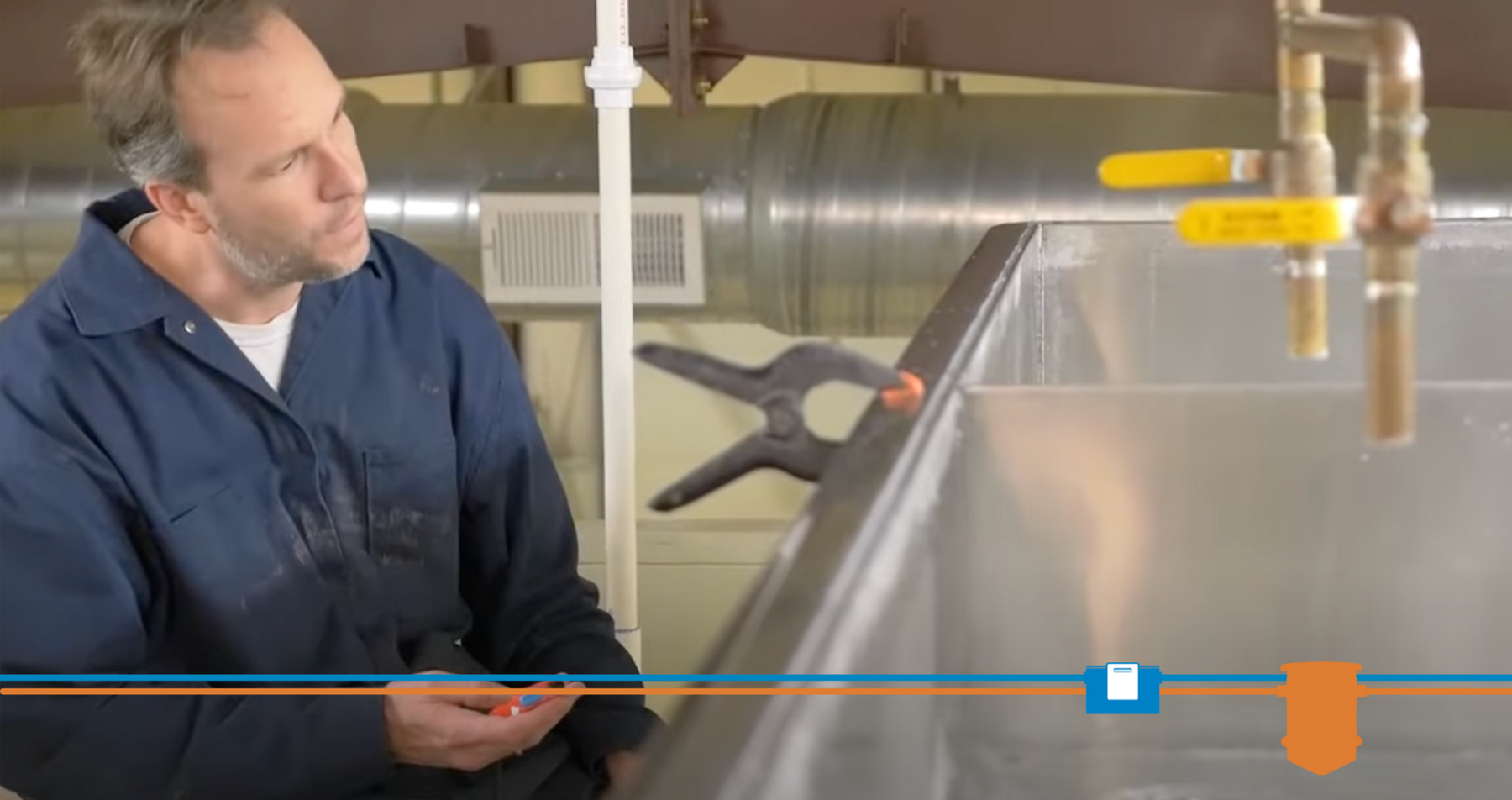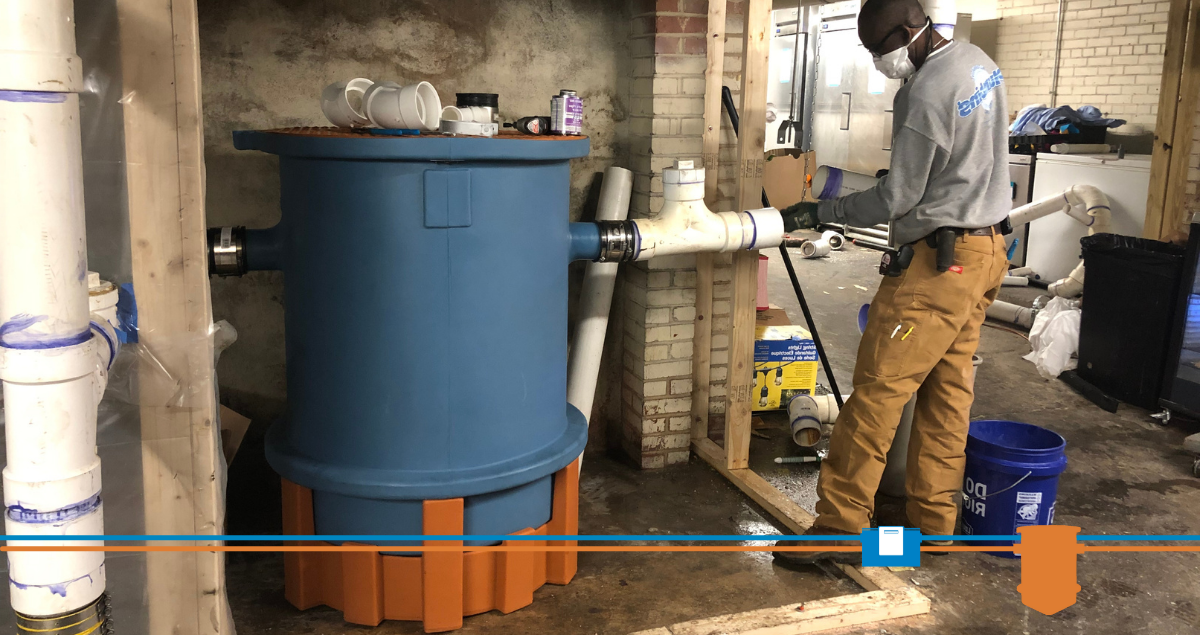How Wastewater Pretreatment Has Changed as the Pandemic Recedes
- Mar 9, 2022
- 0 Comments

The pandemic is pushing city governments and public health departments across the country to adopt a pretreatment mindset to diagnose the welfare of local populations. Robust sewer systems are crucial to this new approach.
Biobot Analytics has been a big catalyst for the change. The Boston-based epidemiology research company launched in 2017 to study and analyze viral concentrations in wastewater. It was one of the first in the world to track the COVID-19 virus this way. Now, its data influences public health strategies in more than 700 towns in every state in the U.S.
“The behavior of a city is imprinted in its sewage,” said Biobot president Newsha Ghaeli in a recent Boston Globe article. “It’s like the fingerprints of our health.”
Even though the pandemic is receding worldwide, the pretreatment mindset in the civic and public health sectors remains. You can expect researchers to use wastewater data in other ways. The original motive behind Biobot, for instance, was to gather data to help communities decrease the number of opioid overdoses. That's just the beginning.
“Imagine what we can learn,” Biobot CEO Marianna Matus told the Globe. “Imagine what we can prevent.”
One big caveat, however, is the health of the nation's sewer systems. They must function properly to produce usable samples. According to a Biobot release, one of the outside factors that can affect a wastewater sample is the “dilution of wastewater due to precipitation events or other inflow and infiltration.”
The pretreatment mindset is absolutely critical to prevent these "inflows and filtrations." Staying ahead of potential problems with sewer systems allows Biobot and other companies like it to keep cities, states, and even entire nations ahead of any possible virus outbreaks in the future. A couple of questions to ask to make sure your city or district is staying ahead of the curve:
- Is your department employing the best possible strategies to keep all FSEs in your area compliant with ordinances governing the discharge of fats, oils and grease, and other effluents? Here is a quick review of best practices.
- Is the pretreatment equipment FSEs are installing the best, most efficient technology? Large concrete vault-style grease interceptors, for instance, degrade quickly relative to polyethylene alternatives like Trapzilla. This degradation leads to leaks that can alter the content of wastewater samples and possibly skew the results. Here is more information on why concrete grease interceptors fail.
This is the kind of pretreatment mindset that not only will keep sewer systems running smoothly. It will also help public health workers with the same pretreatment mindset keep communities protected from future health crises. The jobs of pretreatment professionals have never been more vital.






